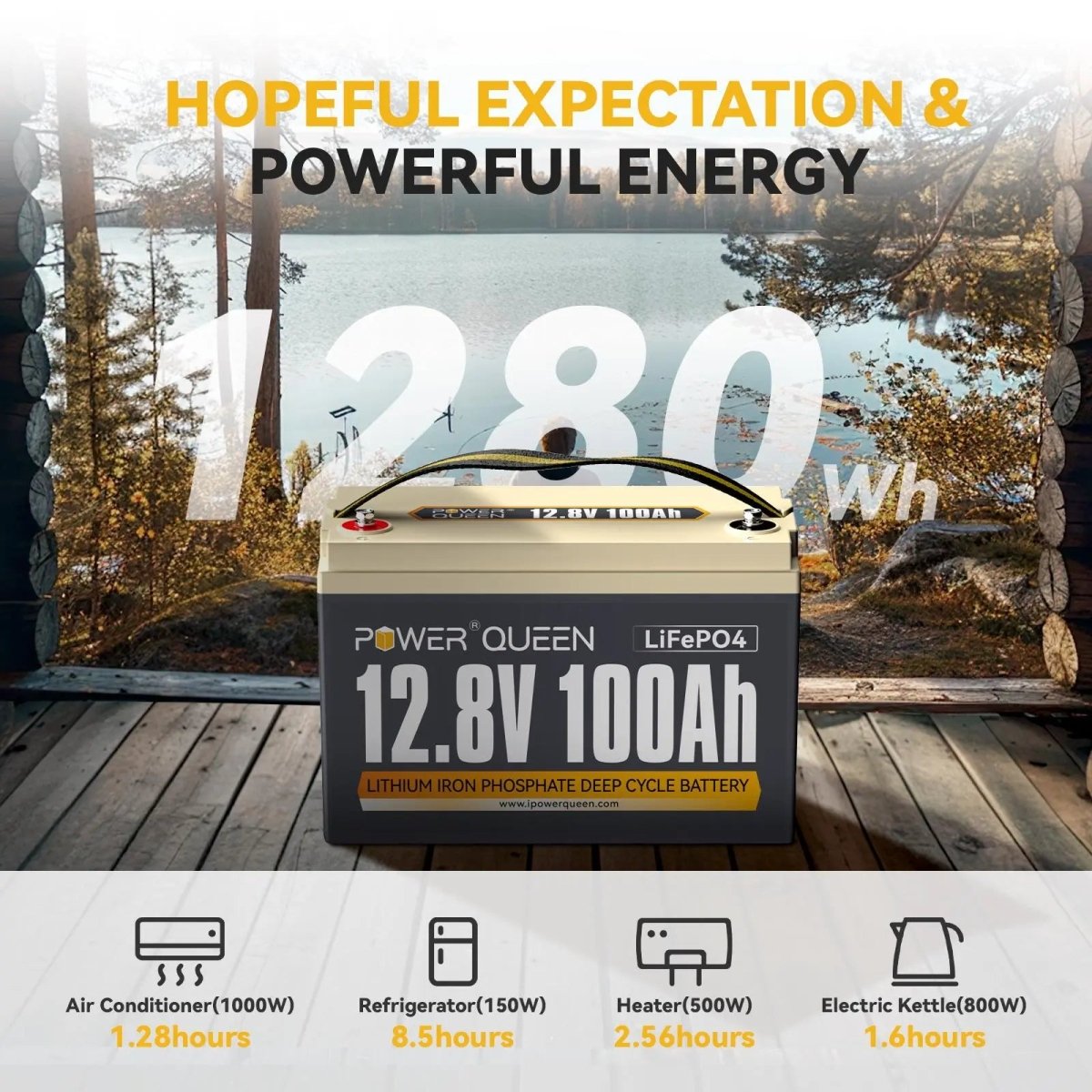fasih khokhar
336 posts
Feb 14, 2025
7:22 AM

|

Lithium batteries are getting to be a crucial part of modern technology, powering many techniques from smartphones and laptops to electric vehicles and electricity storage systems. Unlike traditional lead-acid or nickel-cadmium batteries, lithium batteries offer higher energy density, longer lifespan, and faster charging capabilities. This makes them preferred choice for some applications where efficiency and portability are key. The sales of lithium batteries has skyrocketed nowadays, primarily as a consequence of rapid increase of electric vehicles (EVs), portable electronics, and solar energy storage solutions. As technology advances, lithium battery performance continuously improve, making them a significant aspect of not able to energy storage.
One of the primary features of lithium batteries will be the high energy density, meaning they could store more energy in a compressed size as compared to traditional battery types. This makes them suitable for small, lightweight devices including smartphones, tablets, and wearable gadgets. Additionally, lithium batteries have got a low self-discharge rate, permitting them to retain power for extended periods without frequent recharging. Many of the great for applications including medical devices, backup power systems, and emergency lighting, where reliability is crucial. The automotive industry has embraced lithium battery technology, as EVs rely on lithium-ion batteries to provide you with the necessary power for long-range, efficient performance. Furthermore, lithium batteries are utilized in solar panel technology storage systems, enabling homeowners and businesses to store solar and lower reliance on the grid lithium golf cart batteries.
Despite their many perks, lithium batteries also include challenges and safety concerns. One major dilemma is the possibility of thermal runaway, a position the spot that the battery overheats and may catch fire or explode caused by a short circuit or overcharging. That is why battery management systems (BMS) are crucial to watch temperature, voltage, and charging cycles, ensuring safe operation. Additionally, the mining and extraction of lithium, cobalt, and other rare materials included in battery production raise environmental and ethical concerns. The market focusing on sustainable alternatives and better recycling approaches to minimize the impact of lithium battery disposal. Researchers are exploring solid-state lithium batteries, which promise improved safety greater energy capacity without potential risk of leaks or fires involving liquid electrolytes.
Not able to lithium batteries looks promising, with ongoing advancements aimed towards making them more effective, longer-lasting, and environmentally friendly. Scientists are developing faster-charging lithium batteries that could reach full charge in barely minutes rather then hours, which may revolutionize the EV industry. Additionally, solid-state lithium batteries are anticipated for being the latest breakthrough, offering greater energy storage capacity and enhanced safety compared to traditional lithium-ion batteries. Recycling initiatives will also be improving, with new processes being developed to recuperate valuable materials from used lithium batteries, reducing the requirement for raw material extraction. As demand for renewable energy storage and electric transportation continues to grow, lithium battery technology may play an important role in shaping a sustainable and energy-efficient future.
|